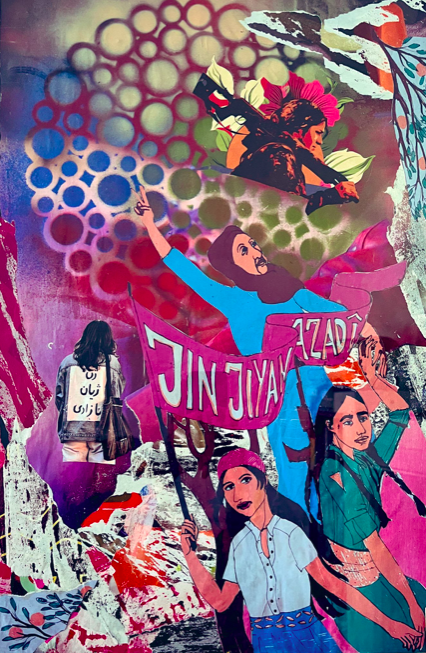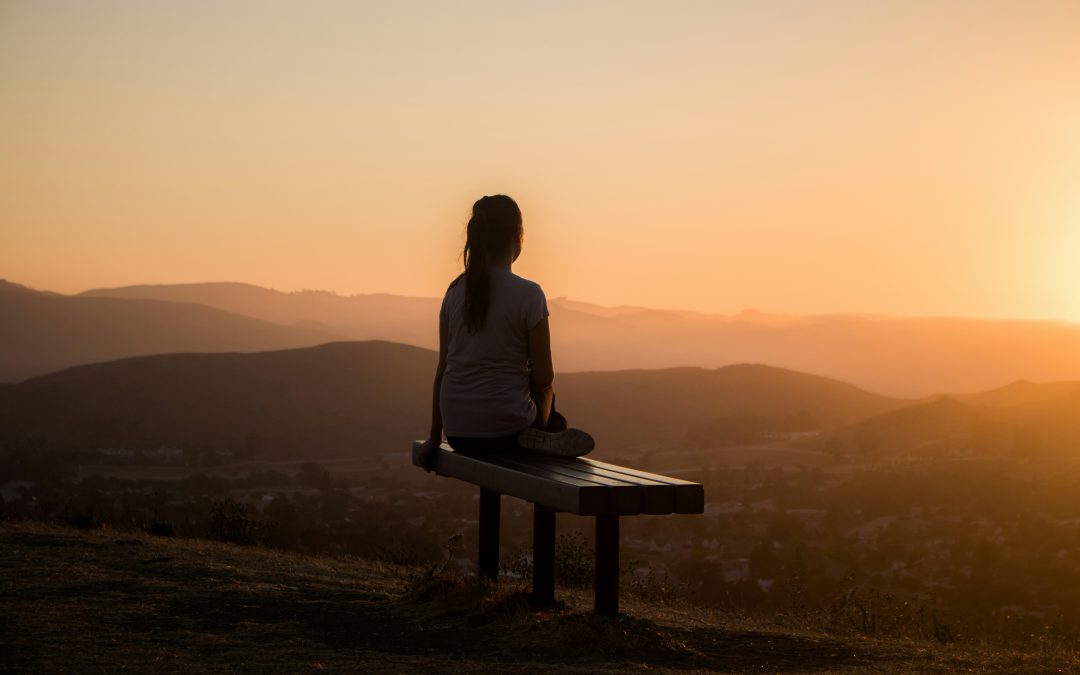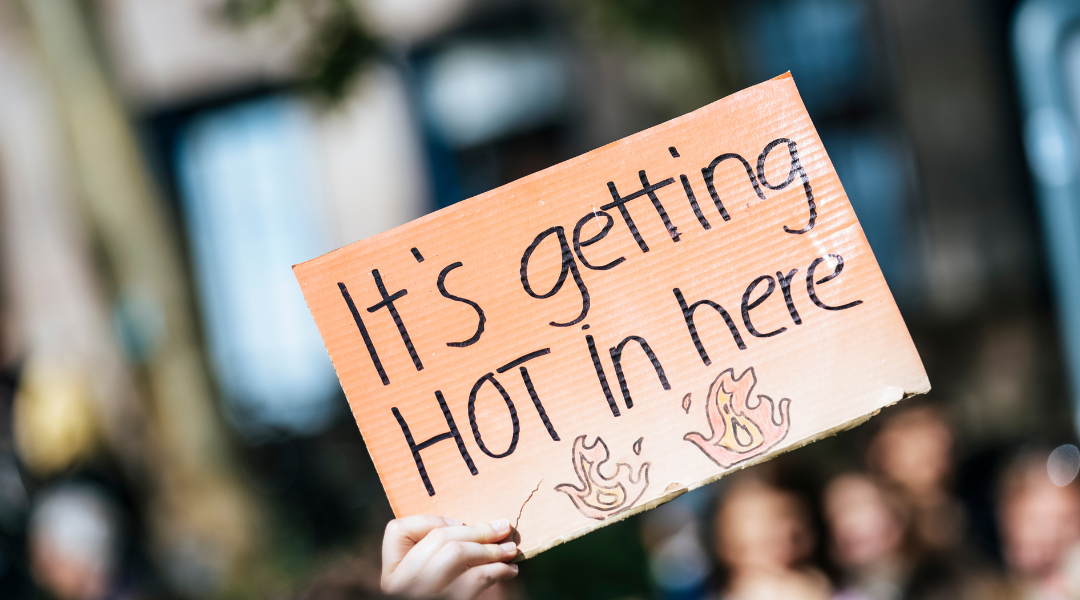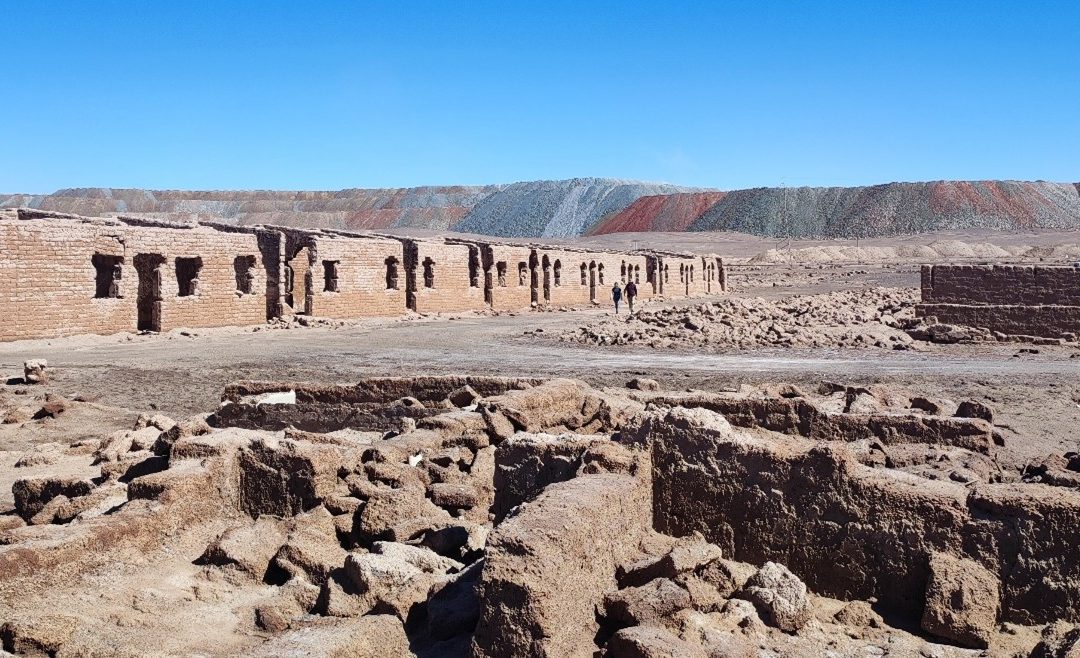
What does it take to turn toxic organisations into thriving organisations?
On 16th September 2025, we held the second communities of practice in a series exploring the complexities of developing and maintaining resilience within the development space. Natalie Cunningham, Senior Lecturer in Leadership for Development at GDI, facilitated the sessions alongside Louisa Hann, Research Communications Officer, and we were joined by a diverse group of academics and practitioners.

We made poverty history. So why are we still here?
It’s been 20 years since the huge phenomenon of Make Poverty History. Nearly one-quarter of a million people marched the streets of Edinburgh. More than three billion worldwide watched Live 8. And over 7 million of us wore white wristbands in solidarity, calling on rich nations to end poverty globally, once and for all.

Three Gains, Three Failures: A Reflection on the 2022 Jîna Uprising in Iran
by Dilek Celebi, PhD Researcher in GDI
On 16 September 2022, a young woman’s murder shook the world. Jîna Amini – a Kurdish-Iranian woman known to the state as Mahsa Amini – journeyed from her hometown of Saqqez (in Kurdistan province) to Tehran. Accused of violating the regime’s compulsory veiling rule, she was beaten by morality police, fell into a coma, and died.

Call for alumni contributions: How are development careers evolving in a volatile decade?
The past few years have brought a great deal of social, political, and economic turbulence across much of the world. From intensifying climate breakdown to growing geopolitical uncertainty, GDI academics have been working hard to conceptualise future threats and grapple with the implications of what has been termed the ‘polycrisis’. Recent cuts to aid programmes, for example, have sparked lively discussions about how we can transform creaking development paradigms, using the crisis to create more just, equitable, and sustainable frameworks through which to pursue progress.

What challenges do development practitioners face when developing their personal resilience?
On 19th August 2025, we held the first communities of practice in a series focused on the role resilience plays during a turbulent period within the development space. The sessions were held online (taking place at 8am and 2pm BST to accommodate time zones) and we were joined by academics and practitioners from a diverse range of backgrounds, each of whom contributed valuable reflections on the meaning and benefits of personal resilience, as well as the challenges they face in carrying out their vital work.

15 Years of Austerity Eroded Public Infrastructure—Now Extreme Heat Is Exposing the Cost
By Dr Gemma Sou and Ms Clare Steele.
We’re told ever-hotter summers are inevitable. What’s less discussed is that Britain’s ability to cope has been systematically dismantled — not by the climate itself, but by 15 years of austerity.

The Emperor’s New Clothes? Why Localisation Still Leaves Power in Northern Hands
Nicola Banks and Gijs van Selm
Localisation. Locally Led Development. Shift the Power.
These phrases have become fixtures in the language of international aid. They promise a simple but powerful idea: put resources and decision-making closer to the communities they are meant to serve.
But our new research suggests something uncomfortable — localisation, as it is often practised, can strengthen the grip Northern NGOs (NNGOs) have on the system, rather than loosen it.

What to expect from Welcome Week 2025 at GDI
As the start of term approaches, GDI is looking forward to welcoming our new students.
To kick off the semester, we will be hosting a Welcome Week on campus (22nd – 26th September) where we will provide induction sessions, meetings and mixers to get to know your teachers, peers, and the course content you can look forward to.

Silence, Dust and Oblivion: Reflections on Extractive Legacies from the Atacama Desert
Remains of the Pampa Lina saltpetre offices (foreground) beside modern mining waste (background). Photo: Esteban Valle Riestra
By Esteban Valle Riestra, Postgraduate researcher, GDI

Call for Papers: Conference on the Future of Development Economics
December 11-12, 2025, University of Manchester, UK.
With support from The University of Manchester’s Global Development Institute Journal of Development Studies Conference Fund
Keynote speakers: Ravi Kanbur (Professor of Economics, Cornell University) and Anandi Mani (Professor of Behavioural Economics and Public Policy, University of Oxford).
